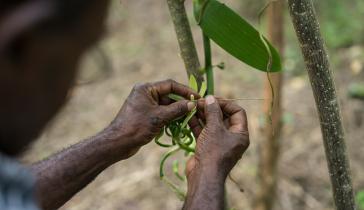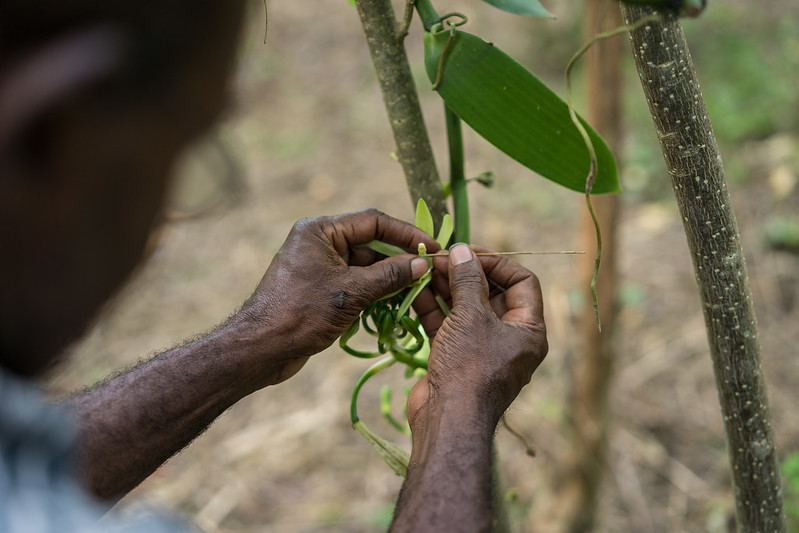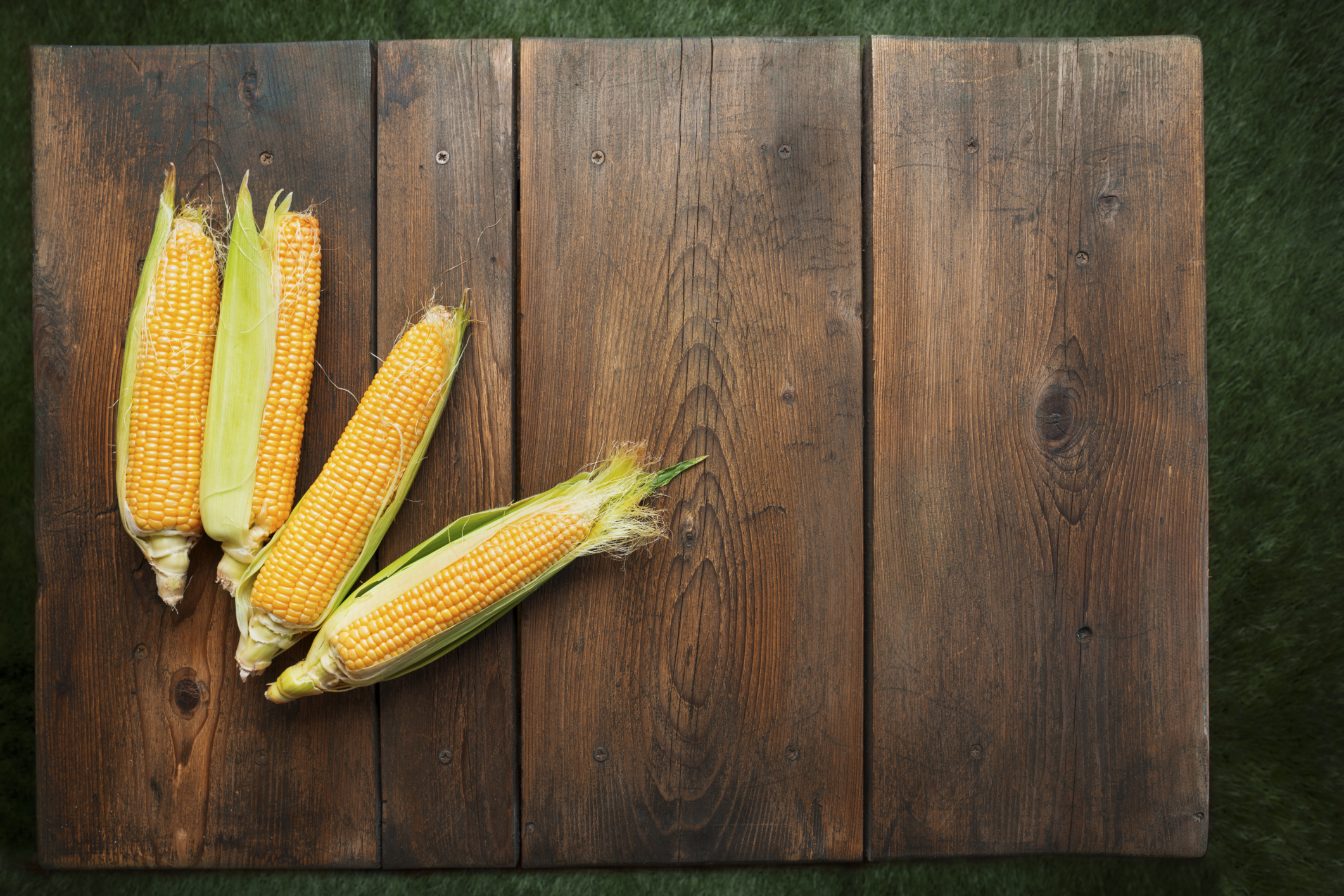What is a plant pandemic?
“Plant pandemic” is the newer mainstream term for a problem that has plagued society forever—our crops are just as susceptible to disease as we are.
The infamous Irish potato famine is a historical plant pandemic that may ring a bell for many. In the mid 1800’s a pathogen called Phytophthora infestans ravaged potatoes, a singular staple crop of that time. Estimates show as many as one million people died from hunger, and others became refugees seeking work and food in other parts of Europe.
Ireland recovered, but many societies today continue to subsist on just a handful of core crops leaving them just as vulnerable to economically crippling and life-threatening plant diseases.
When is the next plant pandemic coming?
There’s no confident way to know the exact date the next plant pandemic will arrive. Farmers and researchers are always keeping an eye out. Vermin and bacteria tend to thrive in warmer temperatures which means climate change is a factor in disease spread.
We are already seeing signs of this devastation in Central African communities that rely on cassava and South American communities that rely on bananas. We’re even seeing the problem in Florida where citrus tree farmers are facing mass financial devastation from citrus greening.
What can we do about plant pandemics?
Addressing climate change and growing more resilient breeds of crops will help stave off the next plant pandemic. Work is being done on both accords to help.
2Blades is a Foundation working to research and develop solutions to these crop diseases often through genetic engineering. They then provide that invaluable knowledge and technology to qualifying nonprofits and agencies at no cost.
As an example, 2Blades has been working on a tomato that is resistant to Bacterial Leaf Spot caused by Xanthomonas and bacterial wilt, caused by Ralstonia. Both are fatal to tomatoes. However, by introducing Bs2—a gene from peppers—to the tomato’s genome, the tomatoes were actually able to resist disease!
This type of intervention will need to continue for our world to successfully combat the many parasites with their sights set on our foods. It’s up to government officials to recognize the incredible—and necessary—benefits of these technologies so they can be implemented as soon as possible without spending decades in bureaucratic holding patterns.
We are reaching the limits of what we can achieve with traditional breeding and advanced science is the only way to stave off the next plant pandemic.




















.png)


